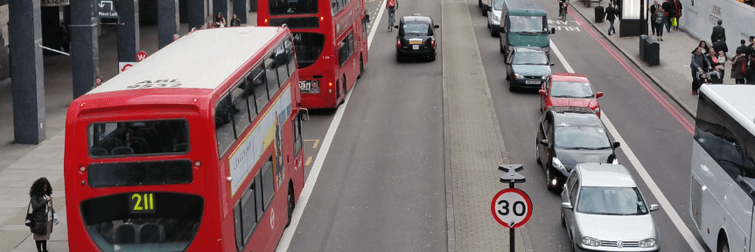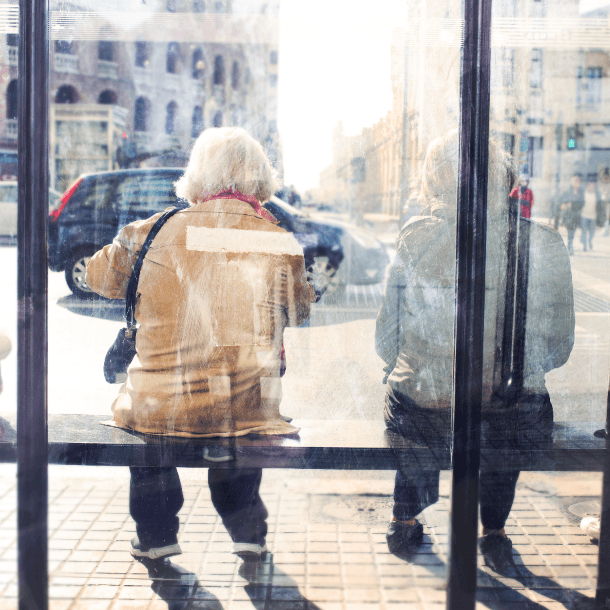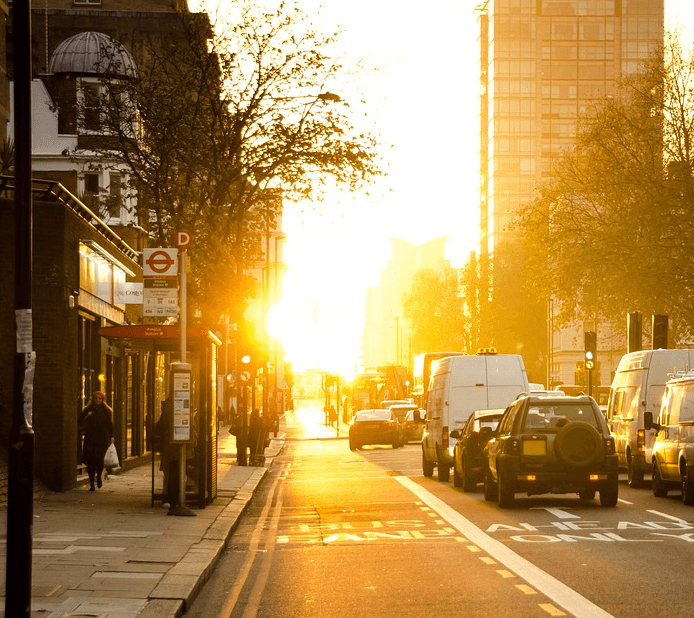
blog: Public transport on the frontline against COVID-19
Thursday 9th April 2020
Public transport is critical. Quite simply, we would ground to a halt without it. 88% of all bus services in England (outside London) operate without external financial support. This means that operators must generate sufficient revenue from passengers to cover the cost of operating those services.
At a time when people are being asked to stay at home, operators are naturally anxious about how the reduced patronage will affect their business in the short and longer term. However, they remain completely focussed on providing their essential services for key workers and those requiring essential goods or healthcare, keeping the country functioning during this difficult time.
Not all heroes wear capes
We administer concessionary travel schemes for a number of local authorities and provide advice to many more. One of the first questions posed to us at the time that supermarkets announced their first hour of opening would be held exclusively for the elderly, came from a bus operator. In fact, it wasn’t so much a question, but a statement. They said they would be carrying passholders of the English National Concessionary Travel Scheme for free before 0930 (the free scheme starts at 0930). They asked if they could be reimbursed for these trips as they would be if they were after 0930; however, they stressed that if they couldn’t be, so be it. There was a bigger picture at play.

At a time when operators struggle to survive, it was heart-warming to hear this operator commit to helping those in need as a priority. Indeed, there are many operators around the country that have worked hard to adapt quickly, their primary focus being to provide the transport required for essential workers, regardless of the risk to their commercial operations. This reflects the overwhelming sense of community and societal support that this crisis has created.
Keeping the wheels moving
Recently, the Government has announced additional funding and provided local authorities with guidance on how to help keep the operators afloat during this lockdown period to ensure they are there for us when life reverts back to normal.

In particular, local authorities are to continue paying for school contracts and supported services, as well as BSOG and concessionary travel payments at a level which would be expected in a world without the coronavirus pandemic. In addition, the Government has announced up to £167 million funding under a new COVID-19 Bus Services Support Grant (CBSSG). This funding mechanism is to ensure that sufficient bus services continue to operate in the right places, and at the right times of day, during the COVID-19 outbreak to meet expected demand whilst maintaining appropriate patronage levels.
What will the 'new normal' be?
Thankfully much is therefore being done to preserve the bus services for when normality returns. However, will ‘normal’ be the same ‘normal’ as before? Will people travel as they have done in the past? Will people be allowed to travel freely and without restrictions? Will they be reluctant to use public transport amid fears that the coronavirus is still out there?
As I go out for my daily walk and enjoy the peace and quiet, the fresh air, the knowing nod and smile from strangers as we detour to retain a 2 metre distance, and observe my children playing safe by the road, I begin to understand what my parents mean when they talk about the ‘good old days’.
A big part of those days refers to the reduction in car traffic. I’m hopeful that this lockdown has given people the time to reflect and question how they travel, or indeed if they need to travel, when life continues as before.
Most of all, I sincerely hope that this will lead to more people using public transport in favour of the car, which will maintain the reduced levels of congestion, improve air quality and allow these essential services to thrive. Where public transport was once taken for granted and under-used, people may reflect and appreciate how valuable it is to them, and our collective society.
